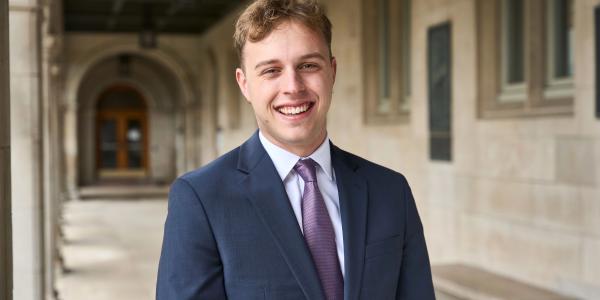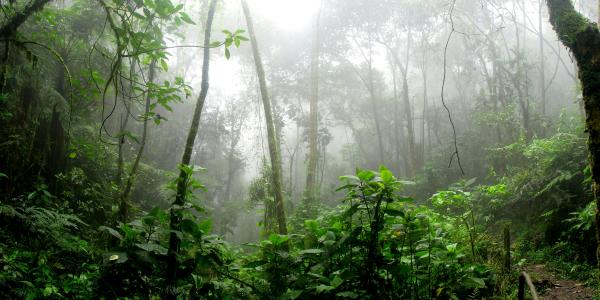
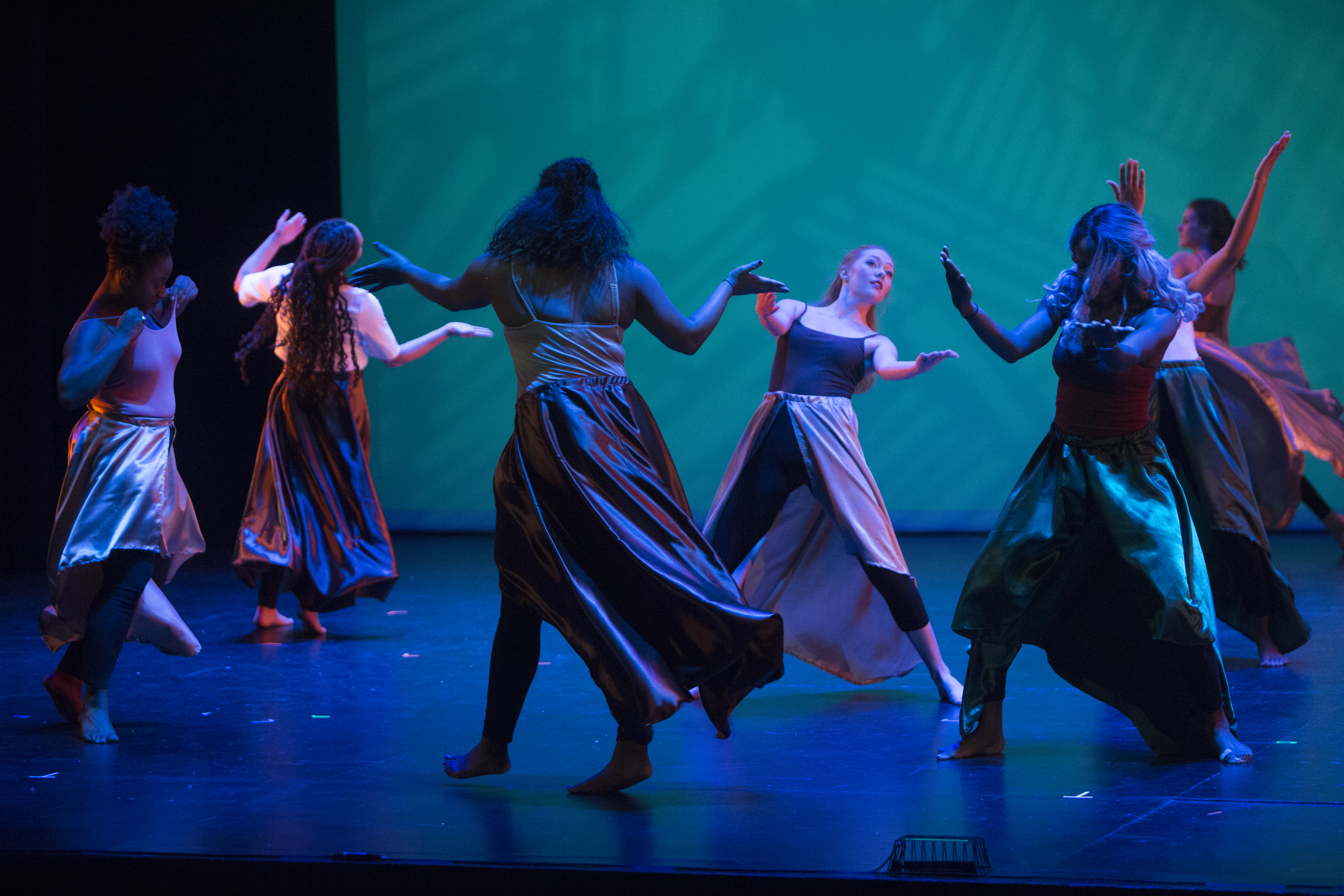
the ampersand
The latest news and updates from Arts & Sciences


Missouri Botanical Garden's new leader offers a virtual tour of the Amazon
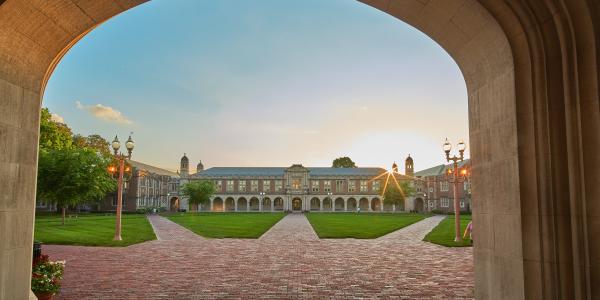
WashU welcomes 33rd cohort of Mellon Mays fellows
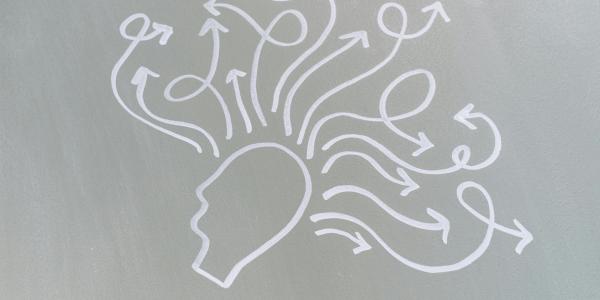
Eight brain science breakthroughs powered by WashU graduate students
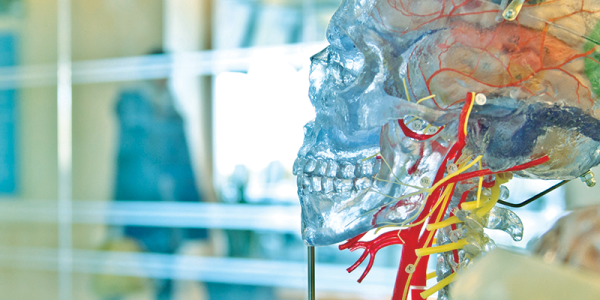
Psychological & Brain Sciences named top 10 graduate program by U.S. News & World Report
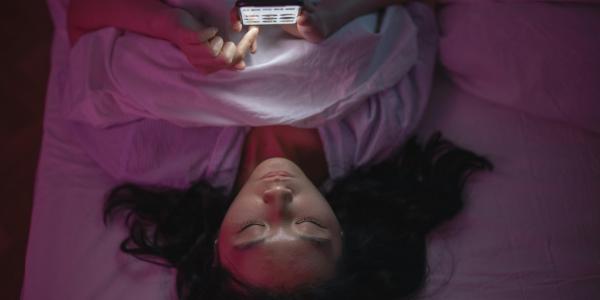
Mood scrolling: Can social media be good for mental health?

How to (theoretically) spot an alien
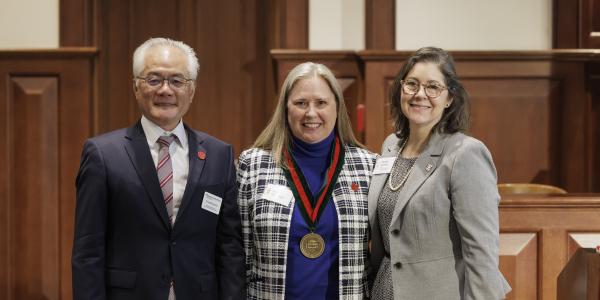
Erin McGlothlin installed as the Gloria M. Goldstein Professor of Holocaust Studies
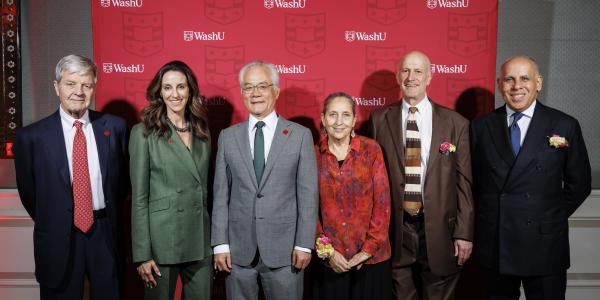
Honoring distinguished alumni
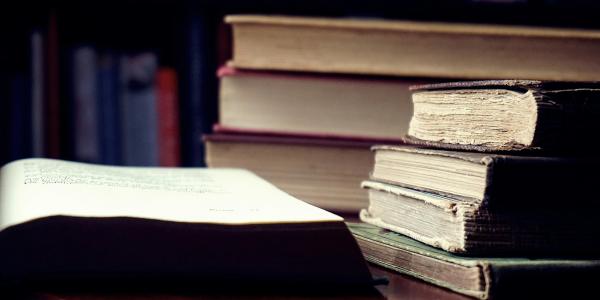
The power of motivated mistranslation
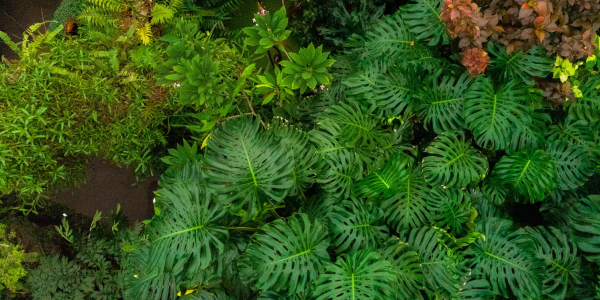
World-renowned experts in tropical plant biodiversity join WashU, Missouri Botanical Garden
